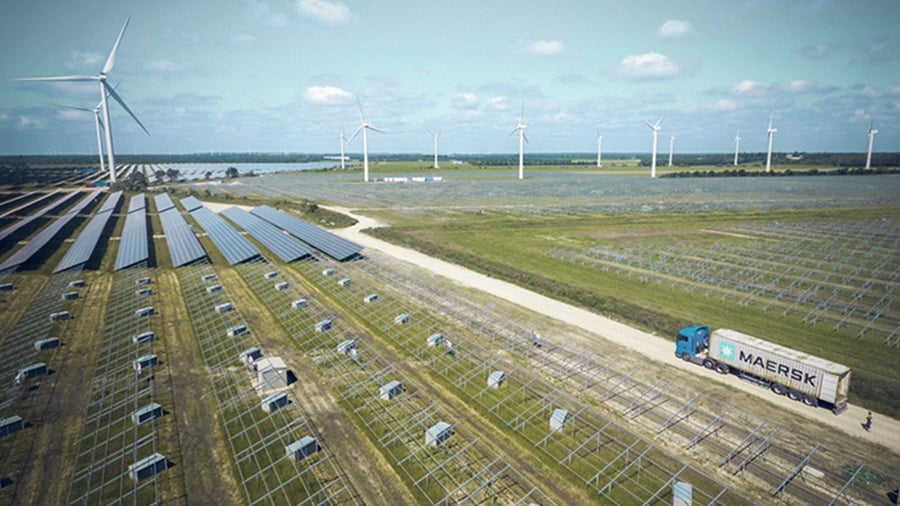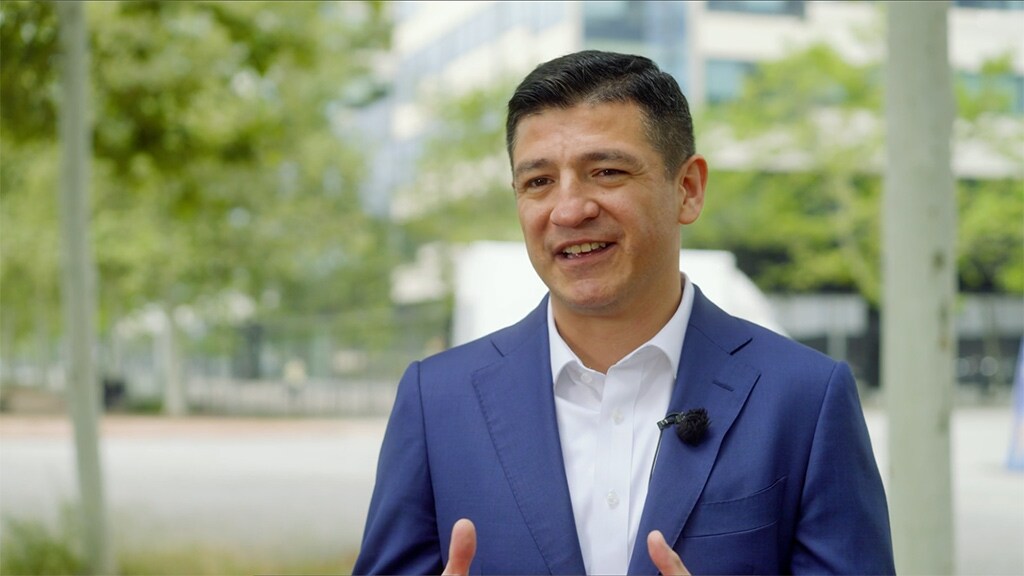In today’s fast-paced business world, sustainability is no longer a choice – it is a necessity. As logistics professionals and European companies seek to optimise their supply chains, the dual focus on sustainability and cost efficiency emerges as a critical strategic priority. Our latest video, featuring Juan Cajiao, Global Head of Market Activation at Maersk, explores how sustainability investments not only fulfill environmental goals but also enhance operational efficiency and cost-effectiveness.
Identifying and responding to potential disruptions in the supply chain quickly is crucial for remaining competitive in business. Being able to act swiftly in the face of disruption can mean the difference between losing market share and gaining a significant advantage over competitors.
For many companies, investing in sustainability is directly linked to their core purpose and long-term business model. Others see it as an opportunity to align with consumer expectations, enhance operational resilience, or mitigate risks. Regardless of the reasons, investing in sustainable practices is essential – one of the key insights from the video is the correlation between sustainability investments and operational improvements.
When companies invest in sustainability, they often realise significant benefits beyond environmental impact. For example, sustainable product design and packaging can meet consumer demands while driving efficiency and cost savings. Similarly, optimising resource use, like energy and water, directly impacts the bottom line.

Investing in the reporting and reduction of Scope 3 emissions—those indirect emissions that occur in a company’s value chain—plays a crucial role in improving supply chain transparency. Tracking these emissions not only identifies risks but also uncovers opportunities to enhance collaboration with partners on initiatives that both reduce environmental impact and create value. By gaining visibility into their entire supply chain, companies can make more informed decisions that balance sustainability goals with cost-effectiveness, ensuring that their investments deliver long-term benefits.
Ultimately, sustainability initiatives should be evaluated based on two key factors: their contribution to the company’s sustainability objectives and their impact on cost efficiency. Many sustainability initiatives, such as optimising resource use or reducing packaging, have the dual benefit of lowering costs while enhancing environmental performance. The best-in-class companies are those that recognise this synergy and invest in initiatives that deliver both sustainability and financial returns.
By integrating sustainability into every aspect of their supply chain operations, companies can achieve significant cost savings, reduce risks, and build more resilient and sustainable supply chains.
You don’t have to make this journey alone. With the right supply chain partner that is as committed to your sustainability goals as you are, you can rest assured that you can make progress in achieving net-zero carbon emissions.
Explore Further Insights
To explore how sustainability investments can transform your supply chain, watch the full video above. Don’t forget to download the Reuters report, for more insights into building resilient supply chains.
Single-point solution for your carbon emissions data?
The Emissions Dashboard is a one-stop-shop to consolidate your emissions data across all carriers and transport modes. It is accredited by Smart Freight Centre (SFC) with an industry-leading calculation methodology that is in conformance with the Global Logistics Emissions Council (GLEC) framework.
未来,您想随时了解必读行业趋势吗?
您已经完成了,欢迎“登船”!
出错了
未来,您想随时了解必读行业趋势吗?
使用此表格注册,即可直接在您的邮箱中接收我们的洞察见解,进入一个真正的综合物流世界。简单操作,即从我们为您量身定做的精选文章中获得启发,了解相关行业洞察信息。您可以随时取消订阅。
提交此表,即表示我同意通过电子邮件接收 A. P. 穆勒-马士基集团及其关联公司接收物流相关新闻和营销信息更新。我了解我可以随时通过点击退订链接,取消接收此类马士基推送信息。如需查看我们会如何处理您的个人信息,请查阅隐私公告。













